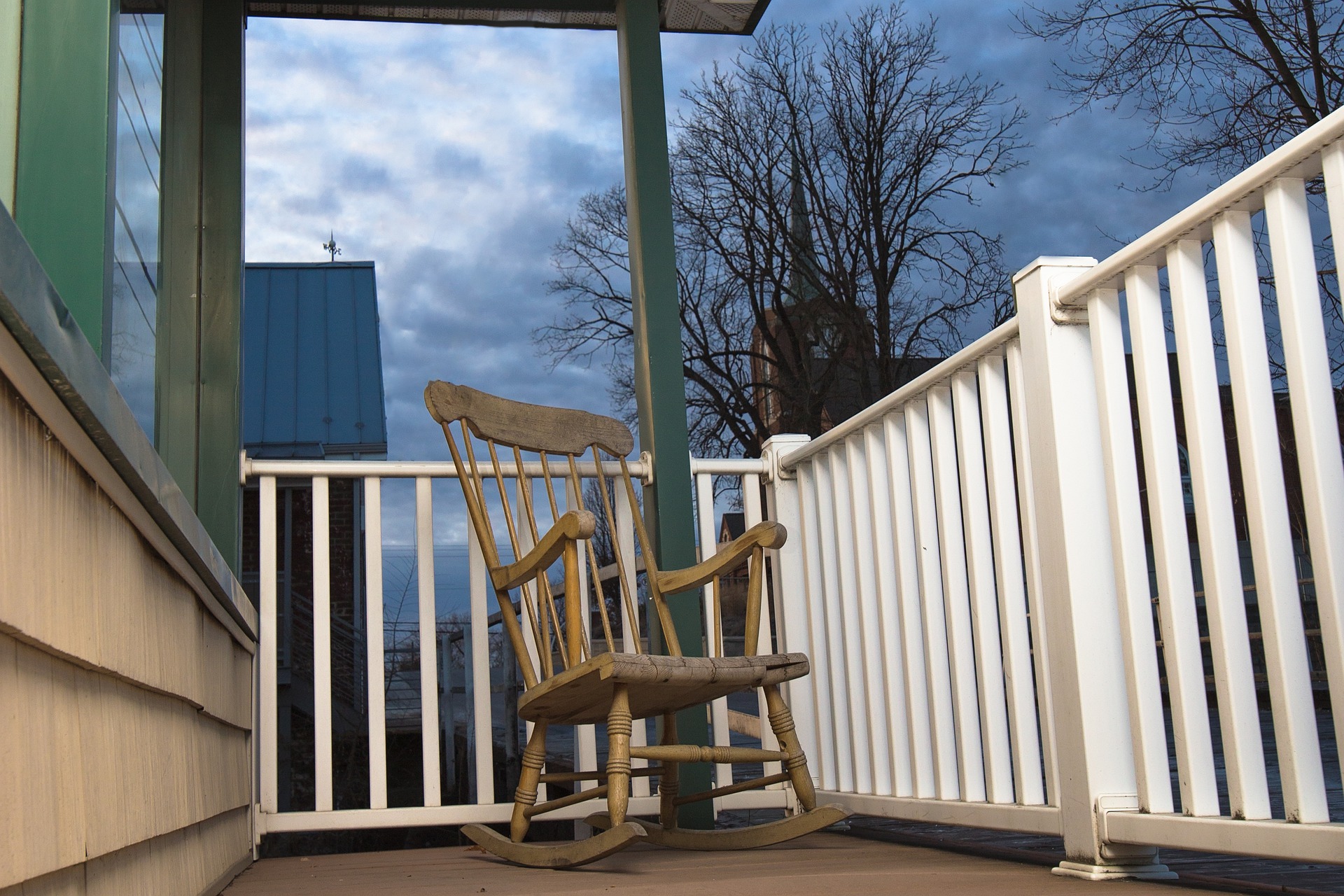
28 May Will remarriage stop me from getting the Senior Freeze?
Photo: pixabay.comQ. I’ve lived in my house since 1986. My late husband passed in 2000 and I had his name removed from the deed. I remarried in 2005 and we have continued to live in the same house, but I never added my second husband’s name. We‘ve always filed taxes jointly and we live on his retirement income. He is the one who qualifies age-wise and we do also qualify financially. Am I allowed to apply using both our names and joint income or do I have to wait until I am over 65?
— Homeowner
A. We know the rules for the Senior Freeze can be confusing.
Let’s go over how it works.
The Senior Freeze program reimburses eligible senior citizens and disabled persons for property tax or mobile home park site fee increases on their principal residence.
To qualify, you must meet all the eligibility requirements for each year from the base year through the application year. The current application year is 2019, said Gerard Papetti, a certified financial planner and certified public accountant with U.S. Financial Services in Fairfield.
To be eligible, you or your spouse or civil union partner must be age 65 or older on Dec. 31, 2019, or receiving Social Security disability benefits on or before December 31, 2018, he said.
You also must have lived in New Jersey continuously since Dec. 31, 2009 or earlier as a homeowner or renter.
Then, you must have owned and lived in your home since Dec. 31, 2016 or earlier and still own and live in the home on Dec. 31, 2020, he said.
Also, the 2019 property taxes due on your home must have been paid by June 1, 2020, and the 2020 property taxes must be paid by June 1, 2021, he said.
There are also income limits.
Your total annual income must be $91,505 or less in 2019, and $92,969 or less in 2020, he said.
“The Senior Freeze program reimburses homeowners for any property tax increases you have once you are in the program,” he said. “Each year you are eligible you will receive the difference between your base year — the first year of eligibility, which would be 2019 in your situation — property tax amount and the current year property tax amount as long as the current year property tax is higher than the base year.”
As it relates to your specific situation, you appear to qualify based on the eligibility requirements noted previously, Papetti said.
“All you need is for you or your spouse to be age 65 or older on Dec. 31, 2019,” he said, noting he called the state to confirm. “There is no requirement that both spouse’s names be on the deed.”
Email your questions to .
This story was originally published on May 28, 2021.
NJMoneyHelp.com presents certain general financial planning principles and advice, but should never be viewed as a substitute for obtaining advice from a personal professional advisor who understands your unique individual circumstances.

